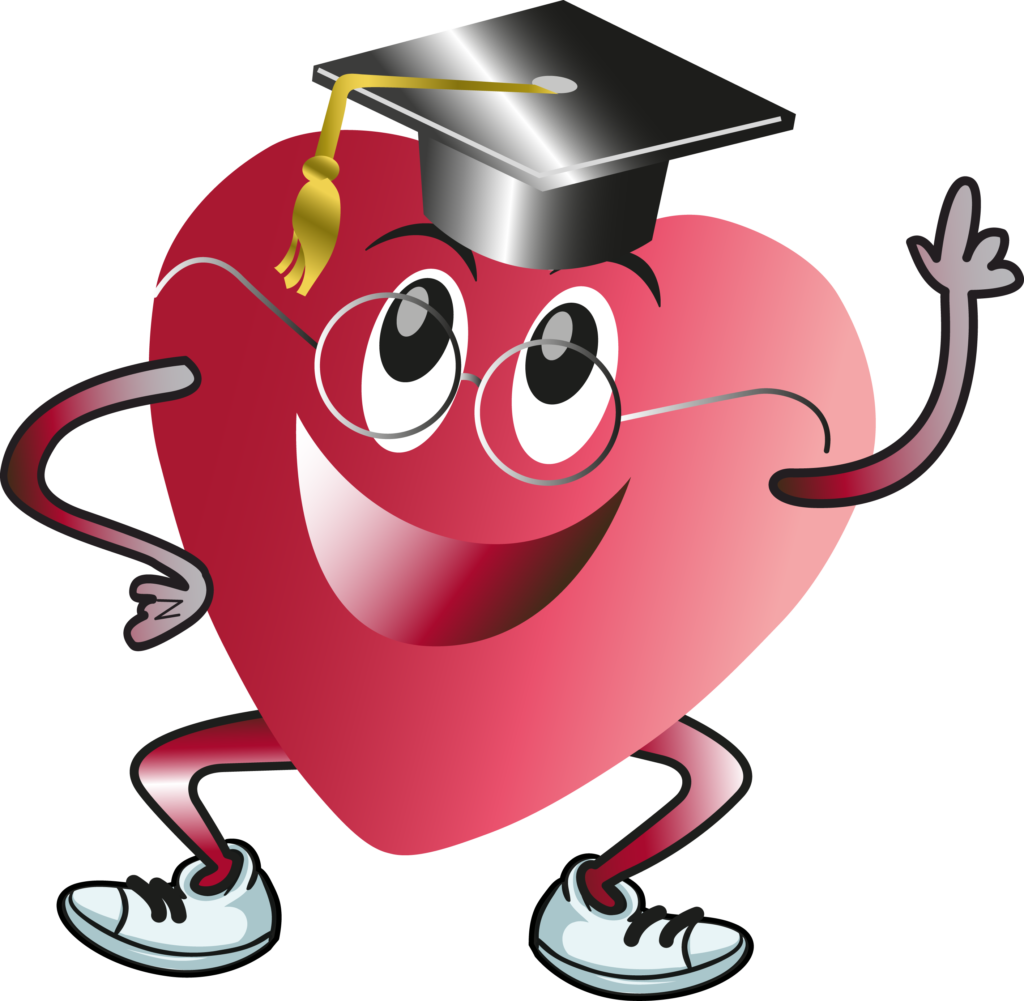Have you ever wondered why some medications are to be taken with food while others on an empty stomach?
Why certain foods should be avoided when taking some medications?
The reason is food and drinks can affect the way medications work in the body, this is called food and drug interaction.
Food and drug interaction may prevent a medicine from working the way it should, it can cause a side effect to get worse or better and it may even cause new side effects.
To avoid an interaction, with some medications, it is important to avoid taking them with food. With other medications it is important to take the drug with food to avoid side effects, such as stomach upset.
With proper understanding of how food can affect medications, we can take the necessary steps to ensure our medications will work effectively. Many drug-nutrient interactions are documented in drug literature. Below are some examples of common food and drug interactions.
- Grapefruit juice can increase the blood levels of some drugs such as cholesterol lowering drugs that contain statins, and calcium channel blockers anti-hypertensive drugs resulting in greater risk of side effects from these medications.
- Alcohol can increase the sedative effects of some medications and can prolong effects of insulins and some oral diabetic drugs which leads to low blood sugar levels.
- Dairy products such as milk, cheese and yoghurt can decrease the absorption of some medications which include antibiotics, thyroid replacement medications and some medications used to treat osteoporosis. Take your meals at least 2 hours before taking these medications.
- Caffeine is found in coffee, tea and soft drinks. High caffeine intake (more than 5 cups of coffee a day) can affect some medications such as sedatives, relaxants and drugs for treating asthma. Limit caffeine intake when taking these medications.
- Tyramine rich foods such as alcohol, avocados and some cheeses should be avoided when taking certain anti-depressants which block an enzyme that breakdown excess tyramine in the body. High blood level of tyramine in the body can cause elevated blood pressure.
- Some drugs should be consumed with food as they can cause upset stomach if taken on an empty stomach. These include oral anticoagulants, steroids and some painkillers.
Drug interactions can also happen with over the counter (OTC) medications including vitamins and health supplements. Therefore, if you are taking any medications, whether prescription medicines or OTC (over the counter) medications, be sure to read and follow the instructions on your drug label and pamphlets on how and when you should consume the medications and/or any advice on food and drinks to avoid. Always check with your doctor, pharmacist or healthcare provider if you are unsure.

The information, images and other material contained on this website are for informational purposes only, and are provided with no guarantee of accuracy, completeness or usefulness and without any warranties of any kind whatsoever, express or implied. No material on this website is intended to be a substitute for professional medical advice, diagnosis or treatment. Always seek the advice of your physician or other qualified healthcare provider with any questions you may have regarding a medical condition or treatment.
References
1. “Common drug interactions” Blanchard Valley Health System website
2. “5 dangerous food-drug interactions” Pharmacy Times website
3. “Food and Drug Interactions” Health Hub website
4. “Food-Drug Interactions” U.S. Pharmacists website
5. “Food-Drug Interactions” John Hopkins Medicine website



